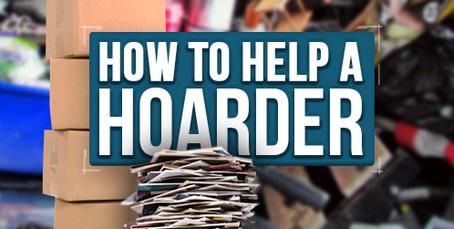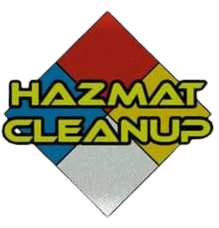Hoarding Disorder Awareness
We’d like to raise some awareness about hoarding and some things to look out for in family and friends who might be suffering from hoarding tendencies. We also want people to know that there is help available and that you’re not alone. Hazmat Cleanup has been helping hoarders for years with minor clutter and sorting, to the worst imaginable scenario. You may also find the links below to be helpful and informative about the psychology of hoarders and why they do it.
According to Mayo Clinic, some of the signs and symptoms associated with a hoarding disorder include:
- Cluttered living spaces
- Inability to discard items
- Keeping stacks of newspapers, magazines, or junk mail
- Moving items from one pile to another without discarding anything
- Acquiring unneeded or seemingly useless items, including trash
- Difficulty managing daily activities, procrastinating and trouble making decisions
- Difficulty organizing items
- Perfectionism
- Excessive attachment to possessions and discomfort letting others touch or borrow possessions
- Limited or no social interactions
Commonalities among hoarder personalities according to Mayo Clinic:
- Age: While severe hoarding is most common in middle-aged adults around the age of 50, their hoarding tendencies began around ages 11 to 15. During these early teenage years, they typically saved broken toys, outdated school papers, and pencil nubs.
- Personality: Oftentimes hoarders struggle with severe indecisiveness and anxiety.
- Genetics: Although hoarding is not an entirely genetic disorder, there is some genetic predisposition involved in the disorder.
- Trauma: Many hoarders experienced a stressful or traumatic event that propels them to hoard has a coping mechanism.
- Social Isolation: Hoarders are often socially withdrawn and isolated, causing them to hoard as a way to find comfort.
Our Hoarding Home Cleanup Services
Hazmat Cleanup’s Hoarding Cleanup Team understands that household hoarding can be a very delicate and sensitive situation for the homeowner. We know that many of the contents in the home are of great value to our clients and that they have become very attached. That’s the difference between Hazmat Cleanup LLC, and a junk removal company. We’re very patient, understanding, and judge free while helping to sort, clean, and dispose of unwanted items.
After the initial cleaning, Hazmat Cleanup can be hired to periodically visit the hoarder home to do a ‘maintenance’ cleaning, sorting, and trash disposal in order to keep the problem from getting out of control again and to consistently keep the home a safe and functional environment to live in. We’ve included some helpful links for hoarders and families of hoarding. Please don’t hesitate to contact us with any questions about our hoarding cleanup services or hoarding maintenance services.
Below are some helpful resources for hoarding disorders. Thank you for reading! Best wishes,
-Hazmat Cleanup, LLC.

If you’d like help cleaning up after a hoarder or any hoarding situation, contact us any time!
Get a Quote
